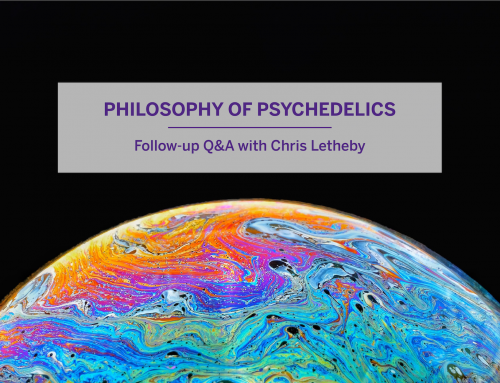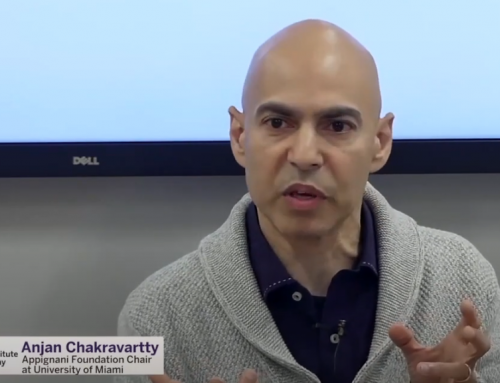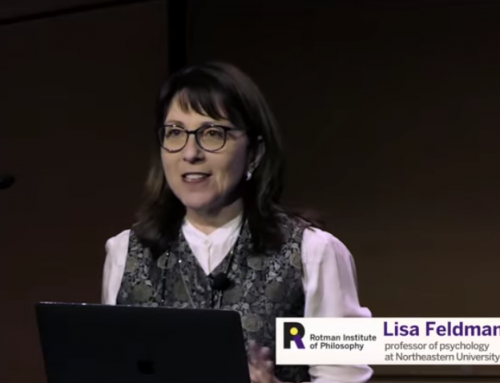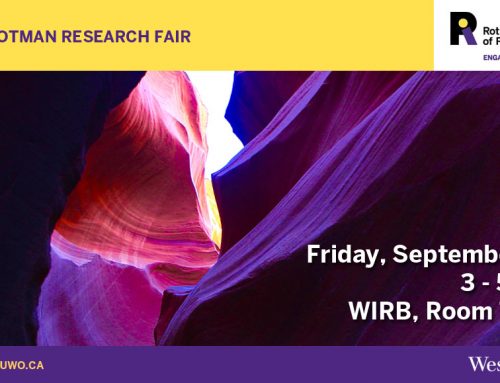The Algorithms and Complexity in Mathematics, Epistemology and Science (ACMES) conference was held this past May, here at Western. Invited speakers at the conference included Max Gunzburger, Jesús Sanz-Serna, and Mark Wilson. Videos of each of their lectures have been uploaded onto the Rotman YouTube channel, and can be found in the ACMES playlist. Remaining videos from this conference — from Anouk Barberousse, Robert Batterman, and Ursula Martin — will be available soon.
Max Gunzburger, Department of Applied Mathematics, Florida State University
Uncertainty Quantification for Complex Systems
UQ efforts for complex systems such as those governed by partial differential equations require computationally expensive means to determine the uncertainties of system outputs from given uncertainty information about system inputs. This effort suffers from the dreaded “curse of dimensionality:” the explosive growth in computational expense as the number of uncertain variables increases and/or the desired accuracy of approximations improves. We discuss several probabilistically based approaches for dealing with such UQ problems as well as model calibration, design, and control problems and to applications for risk quantification and rare events.
Jesús Sanz-Serna, Department of Applied Mathematics, Universidad Carlos III de Madrid
The Power of Randomness
Many phenomena around us are random and mathematics, as a pattern-seeking science, has succeeded in making sense of them. Unfortunately our minds do not operate in ways that allow us to be in tune with randomness. My talk will be a series of examples that make apparent the difficulties we all face when dealing with probability; these examples, while mathematically very simple, will hopefully be thought-provoking.
Mark Wilson, Department of Philosophy, University of Pittsburgh
Approximation’s Hidden Hand
Language often works most efficiently if it practices a division of descriptive labor, in which different semantic chores are parceled out to different representations operating in coordinated harmony. In this talk, I’ll discuss how satellite “approximations” of a finite element stripe played a central but acknowledged role in keeping the development of classical mechanics moving forward in a profitable way.
Subscribe to our YouTube channel.






